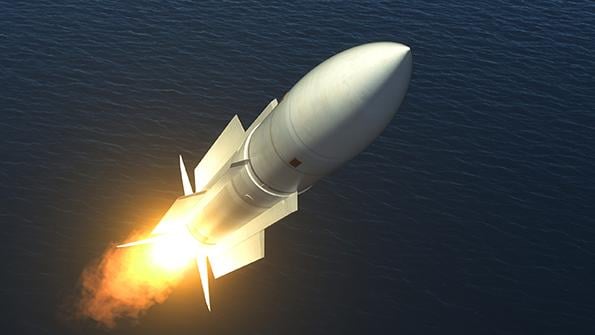
Rolls-Royce is selling assets, and so is L3Harris Technologies, Triumph Group and Raytheon Technologies. By contrast, Lockheed Martin is tacking on a boutique firm, as are Honeywell Aerospace and Spirit AeroSystems, while TransDigm Group and Heico also are interested in doing so.
What do these aerospace and defense companies have in common? They are established legacy giants of industry looking to reshape their business portfolios with divestitures or bolt-ons and maybe—just maybe—do a bigger deal if the post-pandemic price is right.
Dealmakers and advisors say strategic merger and acquisition (M&A) interest is heating up as industry moves into the next phase of crisis response after the first months of COVID-19. The frenzy is expected to continue through 2021, especially if a Democratic wave takes over the White House and Congress and ushers in tax changes.
During several recent M&A-related webinars, including Aviation Week conferences, dealmakers and industry advisors say the corporate acquisition appetite has not gone away, even in the darkest days of the novel coronavirus, and it is growing along with financial sponsors’ interest in A&D. Strategic investors contributed 44% and 68% of total deal value and volume, respectively, in the first half of 2020, according to PwC.
The catch looking ahead: Practically no one expects another “merger of equals” like Raytheon’s or L3’s anytime soon or large vertical integration plays or major takeouts of competitors—unless a top-tier company happens to become distressed.
“We don’t need to do any big M&A. I’ll say that first and foremost,” Raytheon CEO and President Gregory Hayes said on Oct. 27. “We will be opportunistic. There are a few things out there from a technology standpoint that you’ll see us doing here.”
Instead, activity by “strategics”—i.e., companies, not financial investors such as private equity or venture capital firms—is expected to focus on major companies shedding assets or bolting on specialties. A flurry of recent announcements illustrates the trend. In October, Lockheed said it will buy the hypersonics portfolio of Integration Innovation; Honeywell acquired Rocky Research, which specializes in thermal energy and power management, along with Ballard Unmanned Systems; and Spirit closed on acquisition of Bombardier’s Short Brothers business and Casablanca and Dallas MRO assets.
Seemingly all corners of A&D are seeing action, from space—KBR in August announced the acquisition of Centauri—to command, control, communications, computers, intelligence, surveillance and reconnaissance. But financial sponsors often play prominently in M&A in those niches. When it comes to strategic M&A action, many observers are watching commercial aerospace leaders, defense primes and, especially, government service providers.
“M&A could become a more important defense sector theme in 2021 and beyond, but its characteristics will likely be defined by the upcoming U.S. election and how other sectors are impacted by the COVID-19 pandemic,” said Capital Alpha Partners Managing Director Byron Callan.
In a late-September note to clients, Callan said one theme to watch next year and beyond is whether more integration occurs between defense and commercial aero companies as defense providers potentially diversify amid flattening defense budgets and spread their technology bets. “One sticking point here may be the trajectory of the U.S.-China competition and how willing China will be to buy commercial aerospace products from U.S. firms also engaged in defense,” he noted. “It’s possible that decoupling might emerge instead of consolidation.”
Indeed, on Oct. 26, China announced new sanctions on Lockheed, Raytheon and Boeing Defense, Space and Security due to U.S. weapons sales to Taiwan.
Callan and others have said that a Biden administration would frown upon further major consolidation in the U.S. defense sector, at least among the six primes. This could spur more portfolio shaping by primes with defense services, legacy communications/networks businesses, business units that sustain older platforms, and space segments that might be disrupted, all good candidates for divestiture.
If President Donald Trump is reelected, Callan said there is a possibility of relaxed Washington attitudes toward further consolidation among primes. But it also may make more sense for U.S. companies to seek non-U.S. acquisitions. Direct defense-export models might be less appealing if European and Asian companies seek to bolster their militaries over concern about U.S. alliance/engagement and commitments, Callan noted.
Regardless of who is elected president, dealmakers are expecting another banner year in 2021. Craig Chason, leader of law firm Pillsbury’s Northern Virginia office corporate practice, said: “The good news is, in our sector, we’ve seen a meaningful uptick in deals.”





